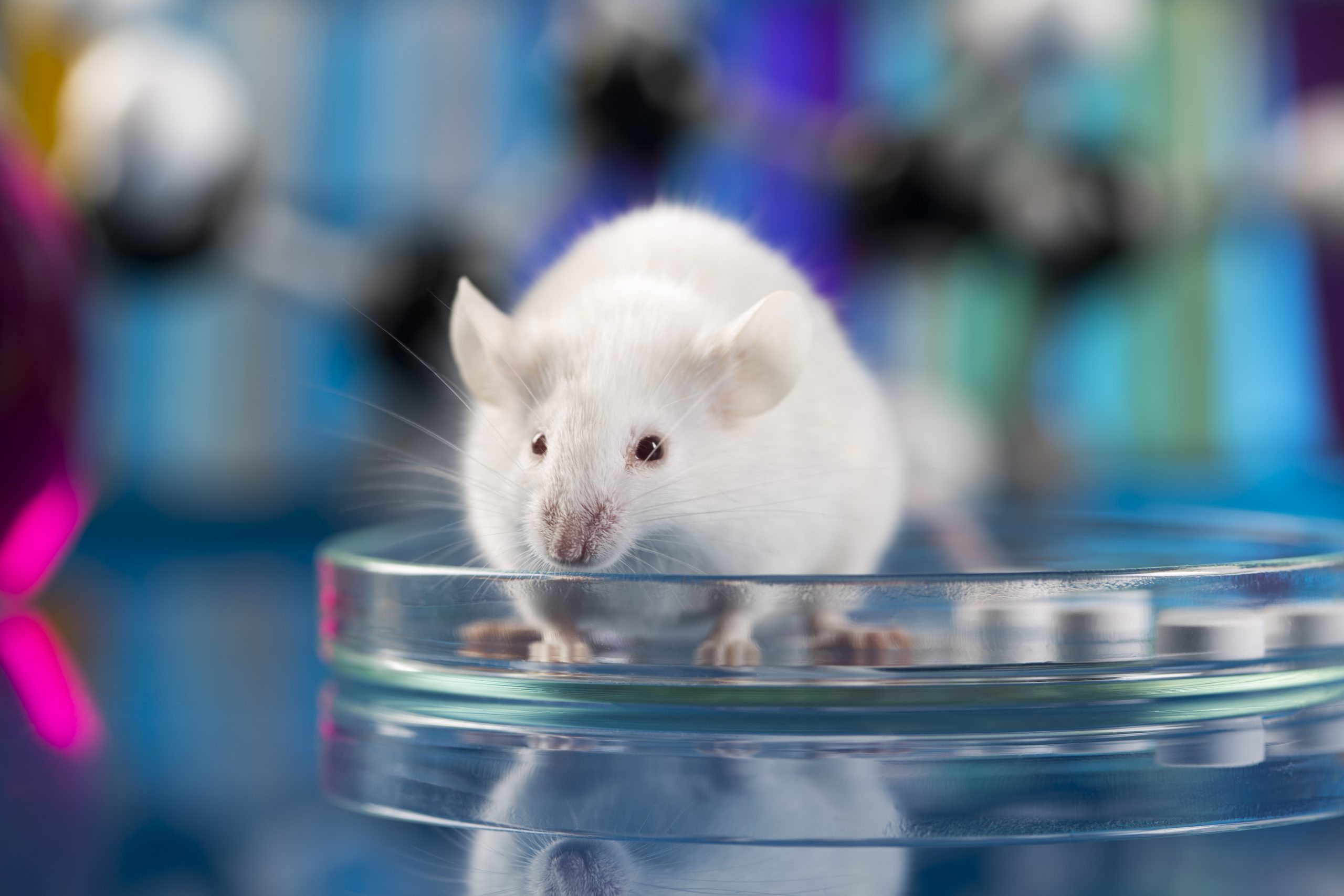Plant Compound Berberine May Boost Brain Function
Written by |

Scientists have found that berberine, a natural plant compound that has been used in China as an over-the-counter medicine for diarrhea, can promote the production of l-dopa, a precursor of the brain chemical dopamine that is missing in patients with Parkinson’s disease, in the gastrointestinal tracts of mice.
The team also found berberine was able to increase the levels of l-dopa in the blood and stool of humans, as well as help improve behavior and brain function in a mouse model of Parkinson’s.
The findings, according to investigators, suggest that berberine might have positive effects on patients’ brain function by driving gut bacteria to produce l-dopa and increasing the levels of dopamine in the brain, via a vitamin-like effect.
Results of the study, “Oral berberine improves brain dopa/dopamine levels to ameliorate Parkinson’s disease by regulating gut microbiota,” were published in the journal Signal Transduction and Targeted Therapy.
Dopamine is one of the major types of brain chemicals, or neurotransmitters, that plays a key role in brain function. In humans, its production relies mainly on a signaling cascade involving several compounds and enzymes. When disrupted, this signaling pathway may trigger the onset of several neurological diseases, including phenylketonuria and Parkinson’s.
The first step of the pathway is the conversion of the amino acid phenylalanine into another one called tyrosine. This first step, which occurs mostly in the liver and kidneys, is mediated by an enzyme called phenylalanine hydroxylase (PAH). Amino acids are the building blocks of proteins.
The second phase of the pathway, which consists of the conversion of tyrosine into l-dopa and then finally into dopamine, already takes place in the brain. The first conversion of tyrosine into l-dopa is driven by the enzyme tyrosine hydroxylase (TH) with the help of the co-enzyme tetrahydrobiopterin (BH4), while the final conversion of l-dopa into dopamine is mediated by dopa decarboxylase (DDC).
In the entire signaling pathway, TH is considered the limiting factor in the production of l-dopa, which then influences the total amount of dopamine that is supplied to the brain.
Researchers in China now have found that berberine — a natural plant compound that has been used in the country for many years as an over-the-counter medication for diarrhea, and more recently found to be a safe and effective treatment for diabetes and hyperlipidemia — can enhance TH activity and subsequently increase the production of l-dopa and dopamine in mice. Hyperlipidemia is a condition characterized by an abnormally high level of fatty molecules (lipids) circulating in the bloodstream.
In their first experiments, they found that an oral solution of berberine enhanced the production of l-dopa in the gastrointestinal tract of mice. L-dopa then entered the animals’ bloodstream and brain, helping to increase dopamine levels.
Subsequent experiments also revealed that certain species of bacteria living in the animals’ gastrointestinal tract were responsible for the production of l-dopa. When investigators treated lab strains of these bacteria, including Enterococcus faecalis and Enterococcus faecium, with berberine, they found that both microbes responded by increasing the production of l-dopa and dopamine.
Investigators also discovered that when they exposed gut bacteria to berberine, the plant compound increased the levels of the BH4 co-enzyme, which then enhanced the activity of TH, enabling bacteria to produce l-dopa at a faster pace.
“This study discovered first that the gut microbiota is a new source of dopa/dopamine in the body, and second, BBR [berberine] enhanced TH to produce l-dopa by triggering the biosynthesis [production] of BH4 in the gut microbiota,” the researchers wrote.
They started testing the effects of berberine and l-dopa/dopamine-producing gut bacteria in a mouse model of Parkinson’s. They discovered that treating animals with berberine, or transplanting E. faecalis and E. faecium into their gastrointestinal tract could improve both their behavior and brain function. However, these positive effects were stronger when both methods were combined.
Finally, they reported data from a small clinical study in which berberine had been given to treat patients with hyperlipidemia. Consistent with mice experiments, data from this study showed berberine was able to increase the levels of l-dopa in the blood and stool of study participants.
“To the best of our knowledge, this is the first report to show that regulation of the … dopamine pathway axis in the gut microbiota by a drug could improve brain function. As BBR has been an OTC [over-the-counter] drug for many years, it might have immediately applicable potential in regulating gut-brain dialog and improving brain function in humans,” they wrote.


